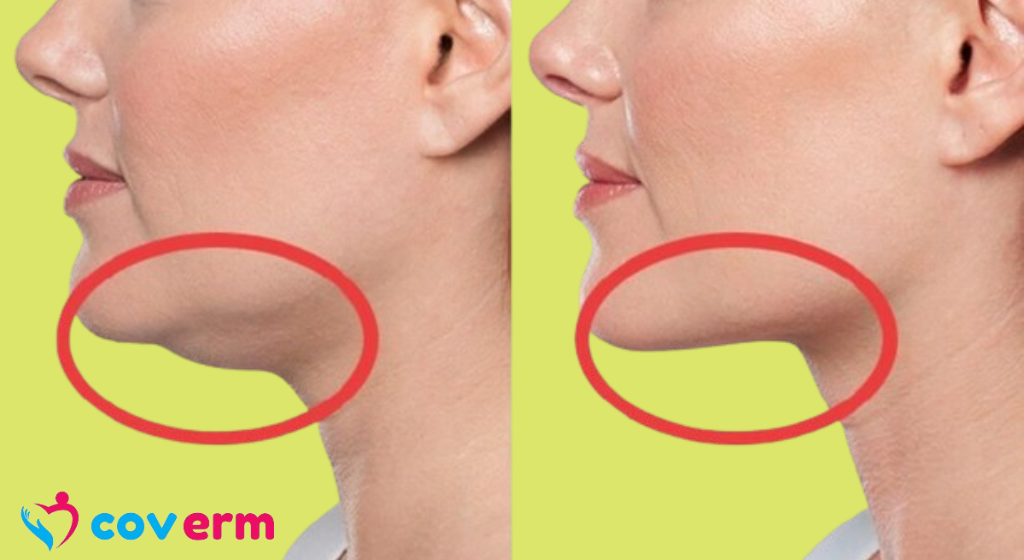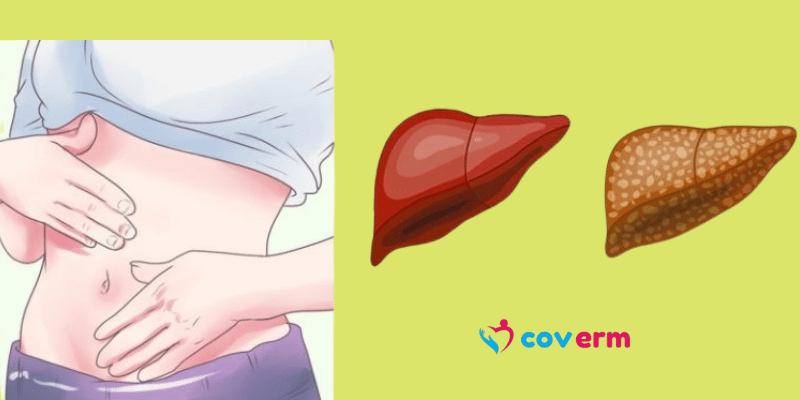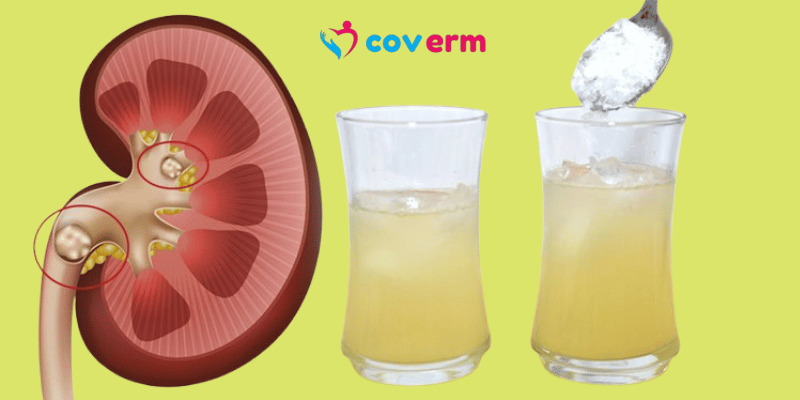IF YOU’RE A WOMAN WITH CHIN WHISKERS PAY ATTENTION. HERE?S WHAT IT MEANS!
Chin hair growth in women can be particularly bothersome, often attributable to various medical factors. Below, we outline the primary causes and potential treatments for this condition.
Understanding Chin Hair Growth in Women
Hair growth in undesired areas is a common concern for women, with the chin being a notable location for dense hair growth. What factors contribute to this phenomenon, and what treatment options are available?
Potential Causes of Chin Hair Growth in Women
Several factors can influence the growth of hair on the chin, ranging from temporary conditions to more complex medical issues:
- Hormonal Fluctuations: Transitory phases such as puberty, pregnancy, and menopause bring about significant hormonal changes, directly impacting hair growth patterns. Elevated testosterone levels during pregnancy, for instance, may stimulate robust hair growth on the chin, which often resolves postpartum. Similarly, decreased estrogen levels during menopause can lead to heightened androgen levels, potentially resulting in masculine symptoms, including chin hair growth.
- Medications: Certain medications can disrupt hormone levels in the body, leading to unwanted hair growth. Examples include testosterone injections, Cyclosporine, and Minoxidil.
- Polycystic Ovary Syndrome (PCOS): Women with PCOS or a genetic predisposition to it may experience excessive and coarse hair growth, including on the chin, due to elevated androgen levels characteristic of this condition.
- Obesity: Research suggests a correlation between obesity and testosterone levels in women. Increased abdominal fat percentage can exacerbate insulin resistance, potentially enhancing androgen production and subsequent chin hair growth.
- Hormonal Disorders: Dysfunction in the pituitary and adrenal glands, vital components of the endocrine system, can disrupt hormone regulation, leading to abnormal hair growth patterns.
- Genetic Factors: Genetic predispositions can also contribute to excessive hair growth in certain individuals, with variations observed across different racial groups.
Treatment Approaches for Chin Hair Growth in Women
Addressing chin hair growth often involves a multifaceted approach:
- Medical Intervention: If rapid and excessive hair growth occurs, seeking medical attention is crucial to rule out underlying medical conditions. Depending on the cause, treatment may involve medication to restore hormonal balance or address ovarian cysts.
- Lifestyle Modifications: Adopting a healthy lifestyle, including a balanced diet and regular exercise, can help manage weight and hormonal imbalances, potentially mitigating excessive hair growth.
- Cosmetic Solutions: Temporary or genetic causes of chin hair growth may be managed through cosmetic procedures such as waxing, threading, or laser hair removal.
In conclusion, understanding the causes of chin hair growth in women and exploring appropriate treatment options can help address this common concern effectively. Consulting with a healthcare professional is advisable for personalized guidance and management.



